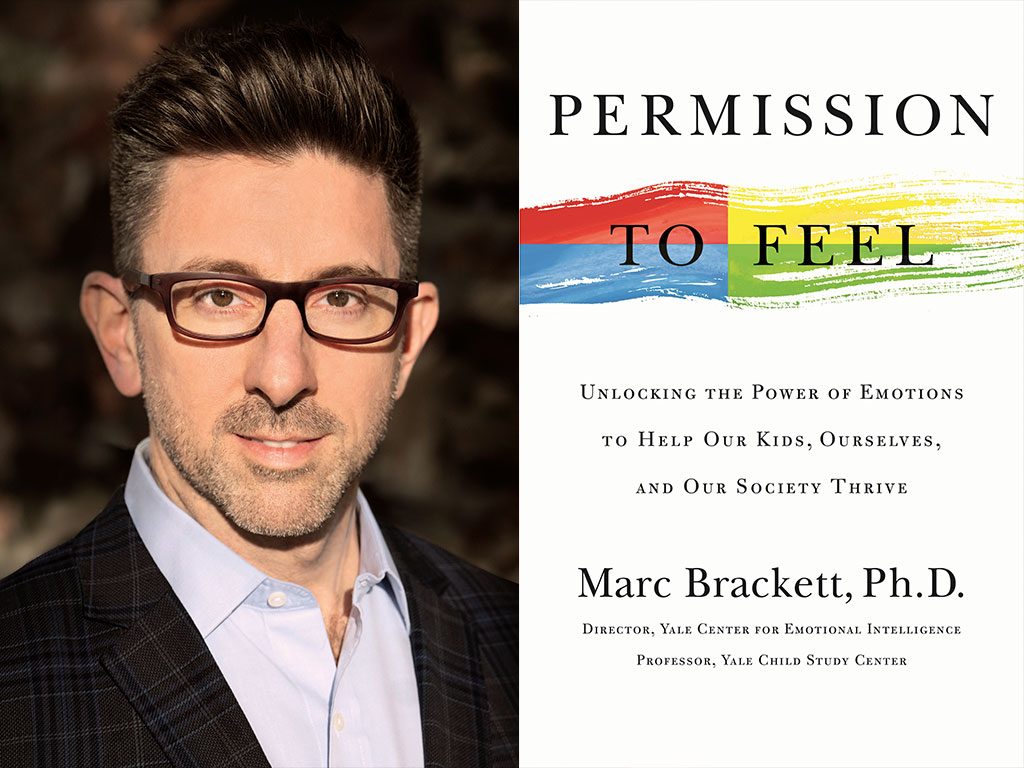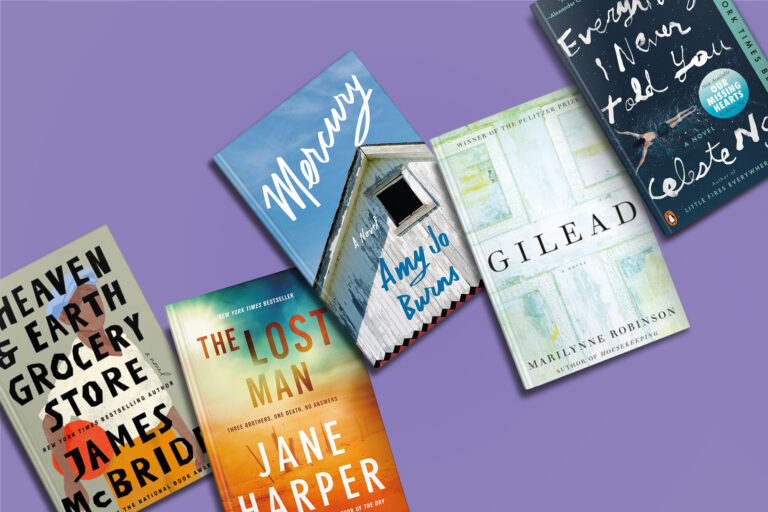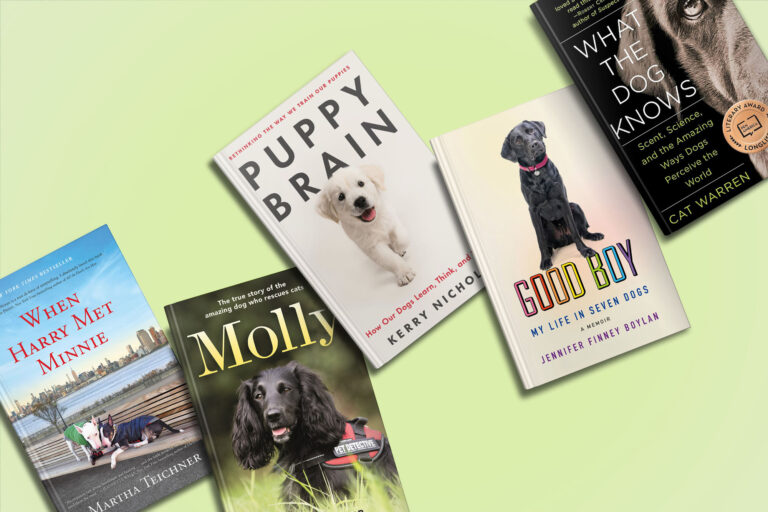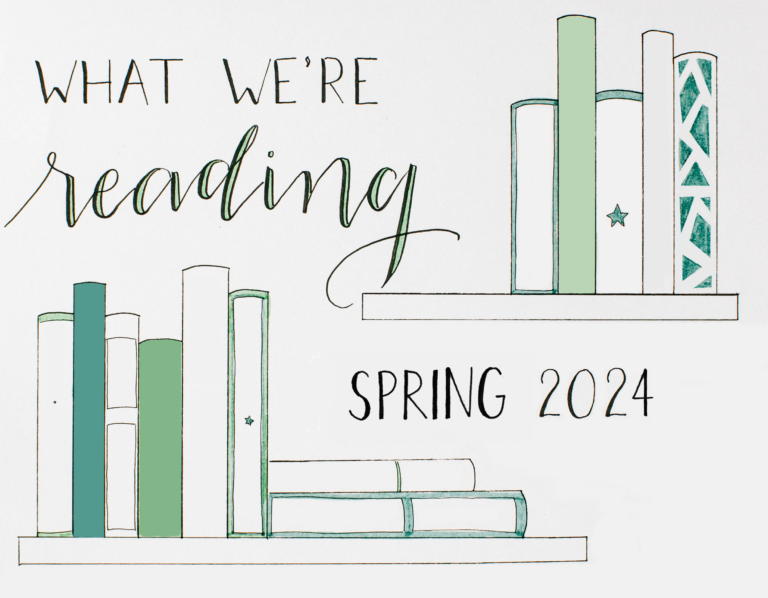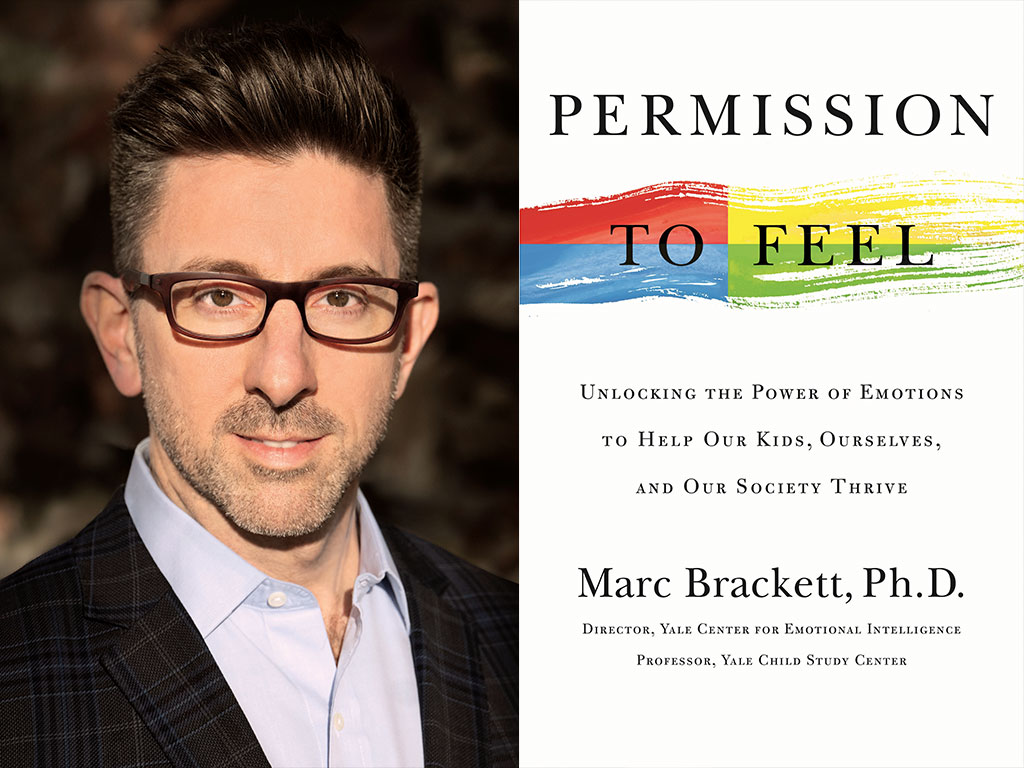
You’re the director of the Yale Center for Emotional Intelligence. How did you become an emotion scientist?
My journey started early in my life when my uncle introduced me to a program about feelings he was developing as a middle school teacher. My uncle was the first person to ask me that simple, yet profound question, “how are you feeling?” and then listen to what I shared without judgment. He both gave me the permission to feel and taught me the power of emotion skills to achieve greater well-being and success in life. I then studied emotional intelligence with the two co-founders of the theory of emotional intelligence. During that time, I co-created RULER, our center’s evidence-based approach to social and emotional learning (SEL). Over the last 25 years, I’ve had the opportunity to publish more than 125 scholarly papers on emotions and emotional intelligence, and bring RULER to more than 2,000 schools across the United States and globe, reaching over 1 million students.
Explain RULER.
RULER is the name of our approach to teaching emotional intelligence, and it’s also an acronym for the five key skills of emotional intelligence:
- Recognizing emotions in oneself and others.
- Understanding the causes and consequences of emotion.
- Labeling emotions with precise words.
- Expressing emotions taking context and culture into consideration.
- Regulating emotions effectively to achieve goals and wellbeing.
How do you avoid being what you call in the book an “emotion judge”?
My goal is to help everyone become an emotion scientist. The emotion scientist is in learning mode, not knowing mode. The emotion scientist is curious, asks questions, and doesn’t draw conclusions based on his or her own biases. The scientist is an explorer; the judge is certain.
We usually ask each other “how are you doing?” or “how’s it going?” rather than “how are you feeling?” Is there a difference?
“How are you doing?” is slightly less intimate. Adding the word “feeling” shows you are more invested. But both tend to lead to the same responses: “fine,” “okay,” “busy.” We are not trained to pause and answer truthfully. We don’t necessarily want to hear or share the truth because if it’s a feeling we don’t know how to manage, we’re either left “stuck” with it or have exposed ourselves in ways that might make us look “weak”. That’s likely why so many people ignore their emotions and use maladaptive strategies such as blaming, suppressing, avoidance, and illegal substances.
How do you explain RULER to someone unfamiliar with emotional intelligence?
RULER is an approach to leading, teaching, learning, and parenting. It’s a lens through which we can live our lives. It’s a mindset that emotions are valuable information for nearly everything that matters in life. It’s also a set of skills—recognizing, understanding, labeling, expressing, and regulating emotion. And it’s about the practices that help to create emotionally and psychologically safe learning environments where all people feel valued, respected, and inspired.
Are the RULER concepts as applicable in the workplace and at home as they are in the classroom?
Emotions matter at home, school, and the workplace. How we feel influences our thinking, ability to learn, decisions, relationships, health, creativity, and everyday performance. RULER, as a set of skills, helps us to use our emotions wisely so we can achieve desired goals at work, including managing and inspiring teams, having difficult conversations, and creating positive workplace conditions so people can flourish.
What’s something we can do right now to open ourselves up to greater emotional intelligence?
We all can get better at pausing, reflecting, and noticing the shifts in our minds and bodies. That helps us to accurately label our feelings. We can all ask ourselves questions like: Why do I feel stressed? Am I energized or depleted? What’s causing me to feel this way? What word best describes this experience? Is how I am feeling helpful for achieving my goals or not? What’s the best strategy to manage this feeling?
